AeroGenie — Tu copiloto inteligente.
Tendencias
Categories
Emerging Roles Shaping the Future of Aviation
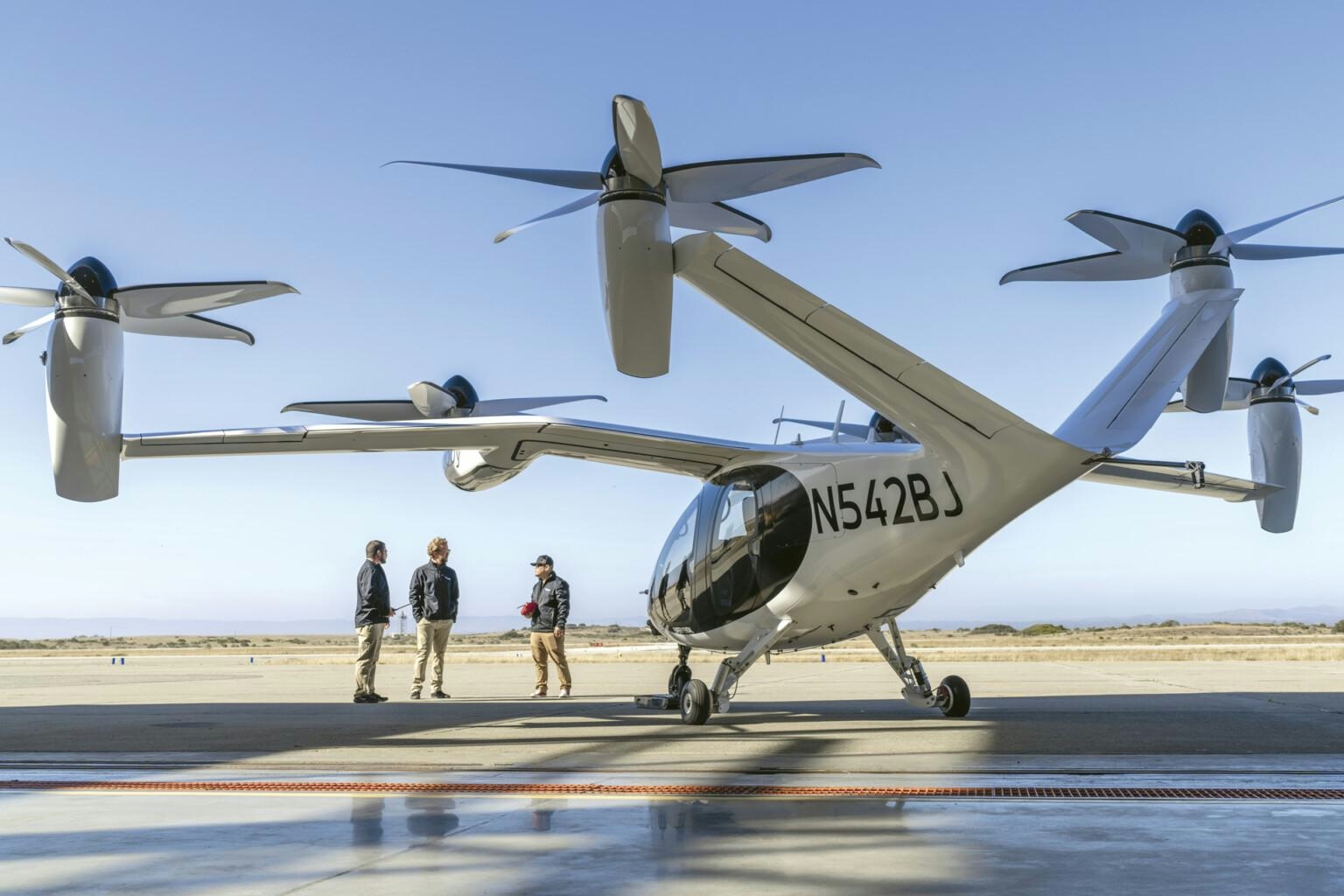
Emerging Roles Shaping the Future of Aviation
A few years ago, Sofia worked late nights as a ground operations officer at London Heathrow. Driven by a passion for technology, she devoted her spare time to studying aviation cybersecurity, a field that was scarcely recognized at the time. Today, Sofia leads threat response at one of Europe’s busiest airports, occupying a role that did not exist when she began her career. Her journey exemplifies the rapid transformation currently reshaping the aviation industry.
While the demand for traditional roles such as pilots and engineers remains strong—with Boeing forecasting a need for over 649,000 new pilots and 690,000 new maintenance technicians by 2042—the sector is evolving well beyond its conventional boundaries. Innovations including artificial intelligence and electric air taxis are redefining the industry, creating new career paths that were unimaginable a decade ago. For those entering the field or seeking to future-proof their careers, understanding these emerging trends is increasingly vital.
Drivers of Change in Aviation Careers
The aviation landscape is being fundamentally altered by three key forces. First, the digital overhaul of airport operations is underway. Airports are becoming smarter through the integration of AI-driven baggage handling systems and biometric security measures. These technological advancements are revolutionizing both passenger experiences and operational processes behind the scenes. The aviation cybersecurity market alone was valued at $9.24 billion in 2023 and is projected to grow at a compound annual growth rate of 6.35% through 2030. Each new system demands skilled professionals to develop and safeguard it.
Second, environmental pressures are compelling the industry to accelerate decarbonization efforts. Sustainable aviation fuels (SAF), electrified fleets, and green infrastructure have become central to airline strategies. In 2024, SAF production doubled to 1 million tonnes, representing just 0.3% of global jet fuel consumption but expected to reach 2 million tonnes (0.7%) by 2025. These developments require new expertise in sustainability and environmental compliance to meet tightening climate goals.
Third, new modes of flight are emerging. Urban air mobility (UAM) is transitioning from concept to reality, with companies such as Joby Aviation developing electric air taxis poised to transform short-haul travel. The global UAM market is projected to reach $23.5 billion by 2030, generating demand for technicians, planners, and pilots equipped with specialized skills to manage these novel aircraft and their integration into existing airspace.
Navigating Industry Challenges and Emerging Roles
As these trends accelerate, the aviation industry faces significant challenges. Rapid technological advancements and evolving regulatory frameworks require professionals to adapt swiftly. Airlines must also contend with market pressures, including new tariffs that may prompt supply chain diversification and influence aircraft acquisition strategies. Competitors are likely to form strategic alliances or shift focus toward emerging markets. Concurrently, the urgent need to recruit 1.5 million professionals worldwide highlights the importance of innovative training and workforce development initiatives.
Among the emerging roles poised to define aviation’s future are aviation cybersecurity specialists, who are critical in protecting interconnected airport and airline systems from cyber threats that could disrupt operations or compromise passenger safety. Sustainable aviation fuel analysts will play a vital role in helping airlines meet environmental targets by evaluating fuel sources and ensuring regulatory compliance. Urban air mobility operations managers will oversee the logistics, safety, and airspace integration of electric air taxis. AI systems engineers will design and maintain intelligent airport systems, optimizing everything from predictive maintenance to passenger flow. Finally, aviation workforce development specialists will be essential in designing training programs that address skills gaps and support the recruitment of millions of new professionals.
The future of aviation is being shaped today by those prepared to adapt, innovate, and lead within these emerging roles.
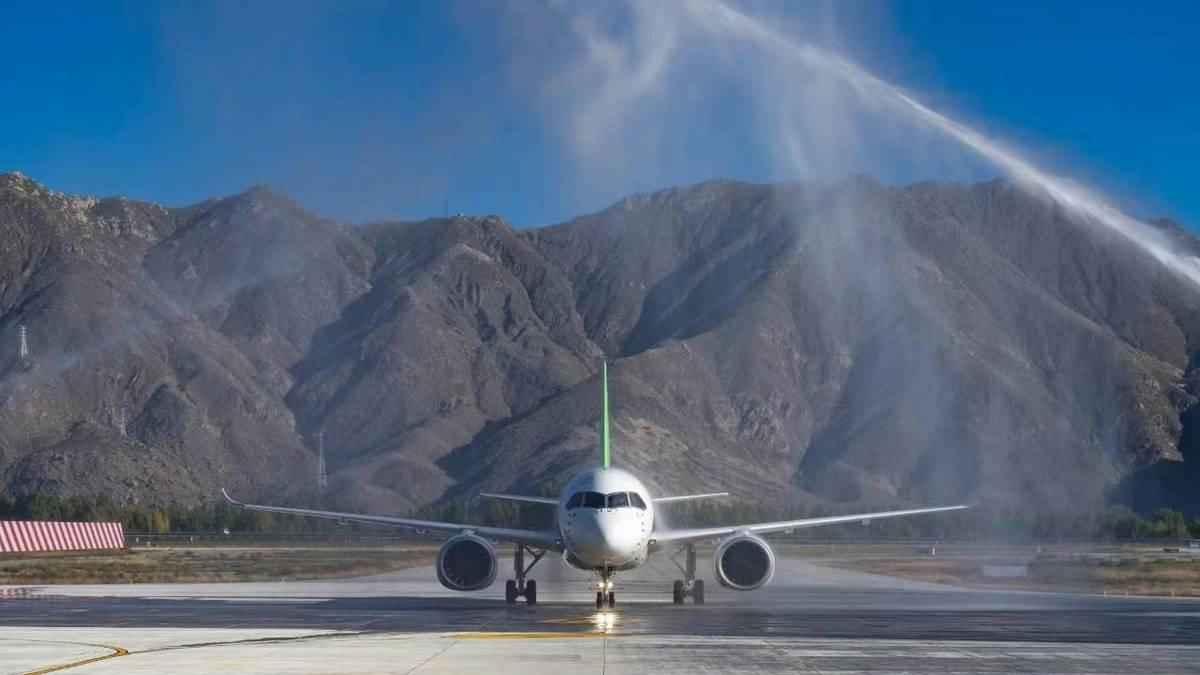
COMAC Faces Delays as Supply Chains and Sanctions Restrict Output and Western Access
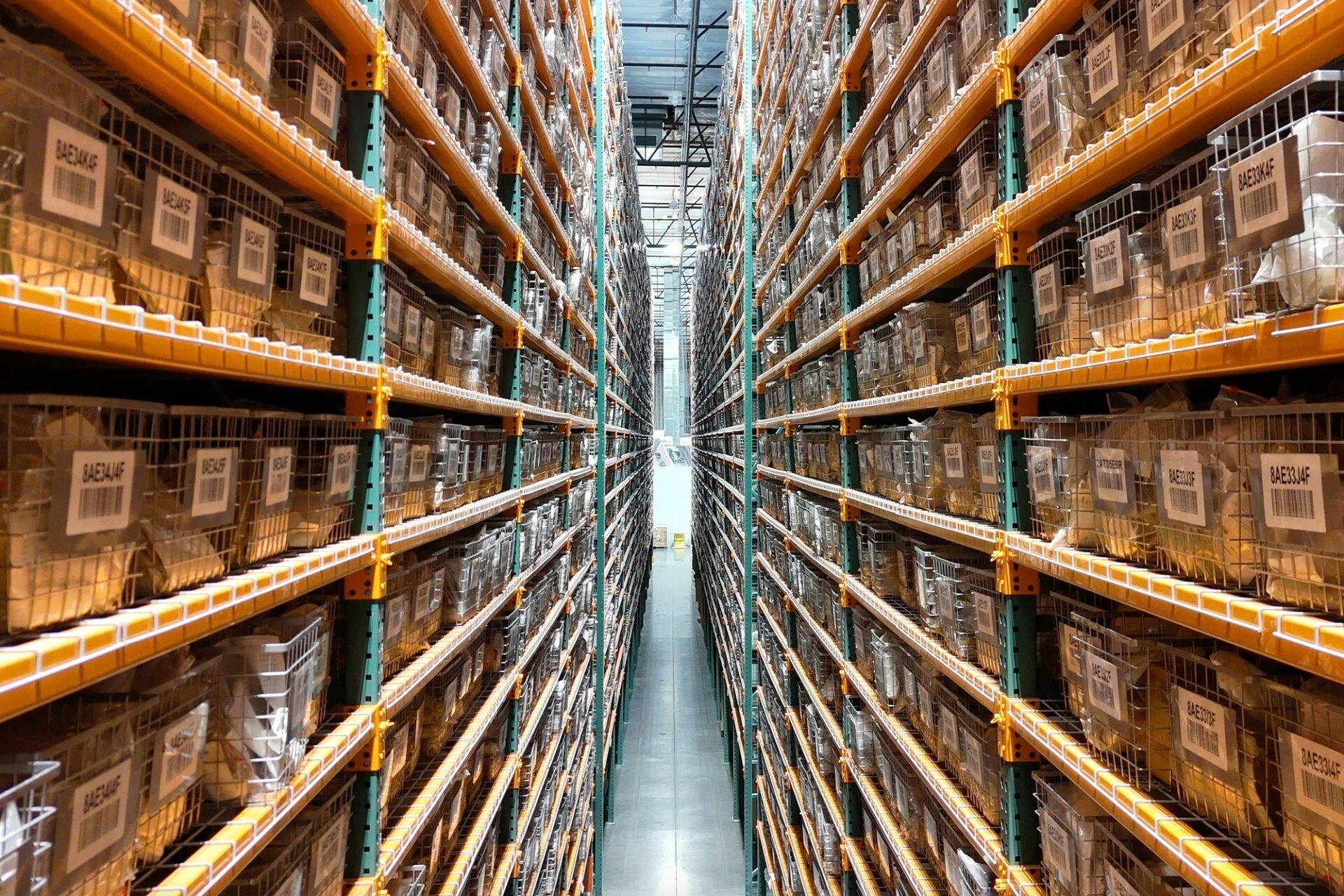
Aviation Tariffs Shift Focus Amid Market Volatility
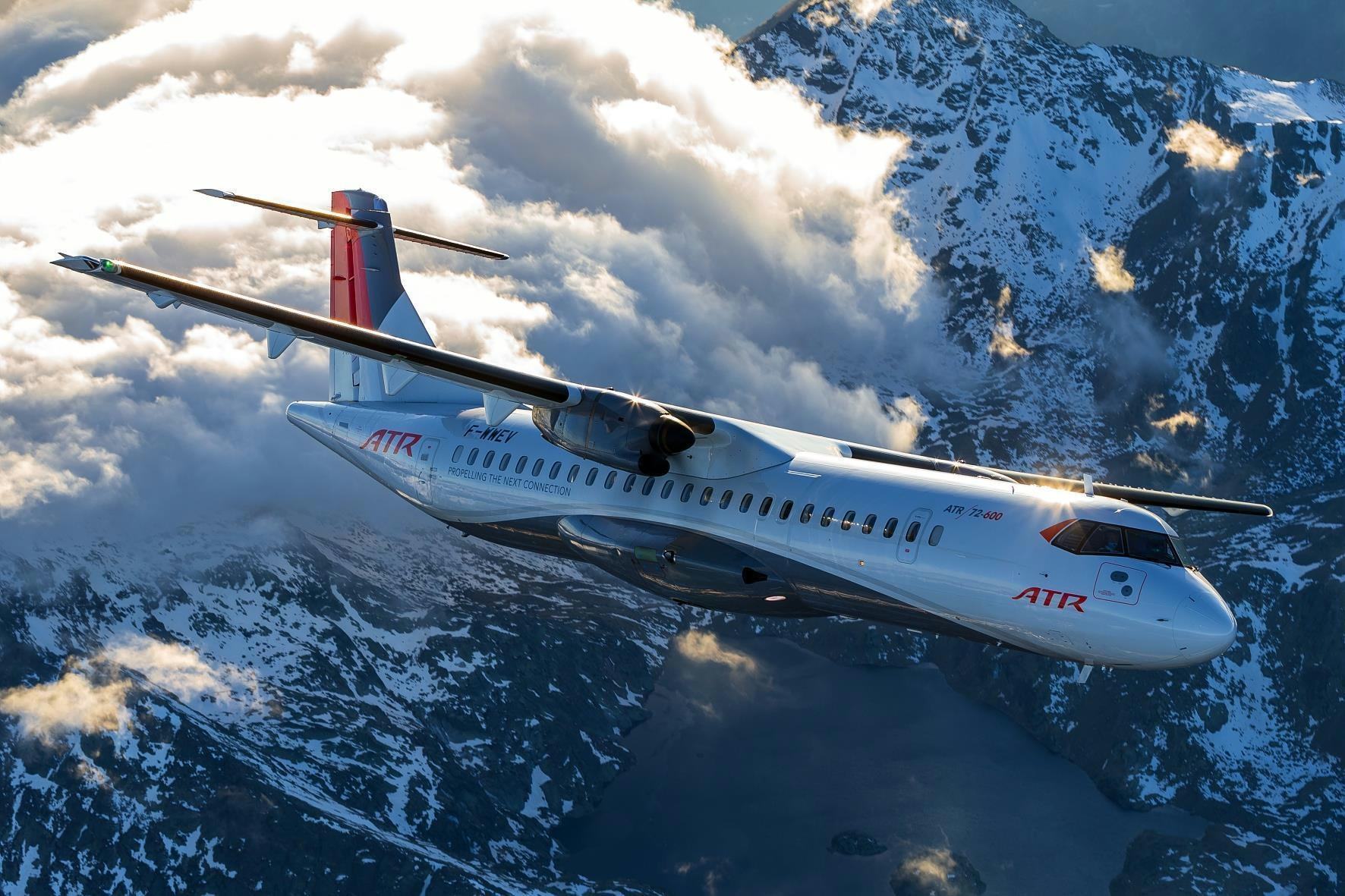
ATR Airlines Misses Targets Amid Aircraft Delivery Delays
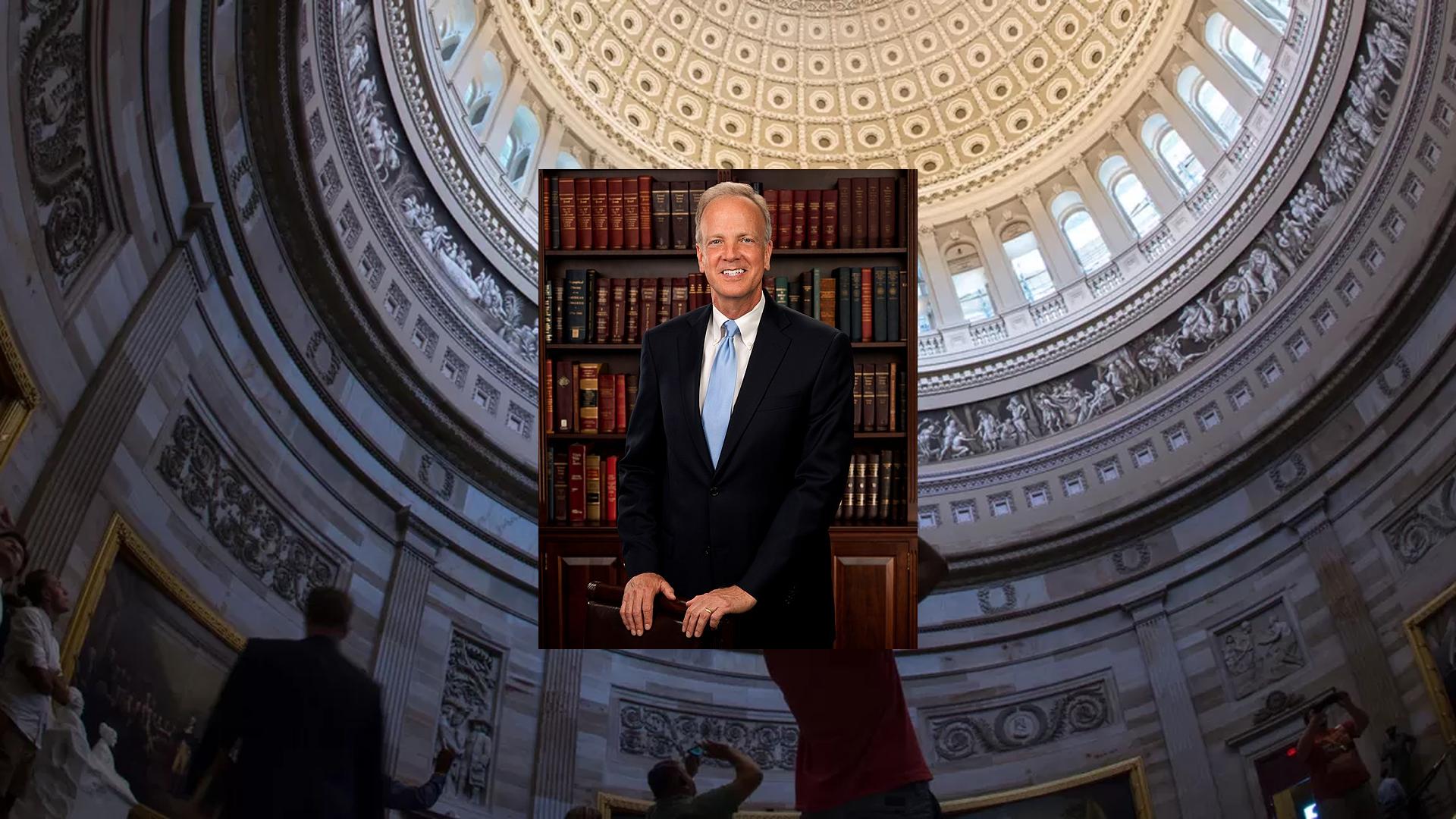
Sen. Jerry Moran Proposes Bipartisan Bill to Improve FAA Certification for Advanced Air Mobility
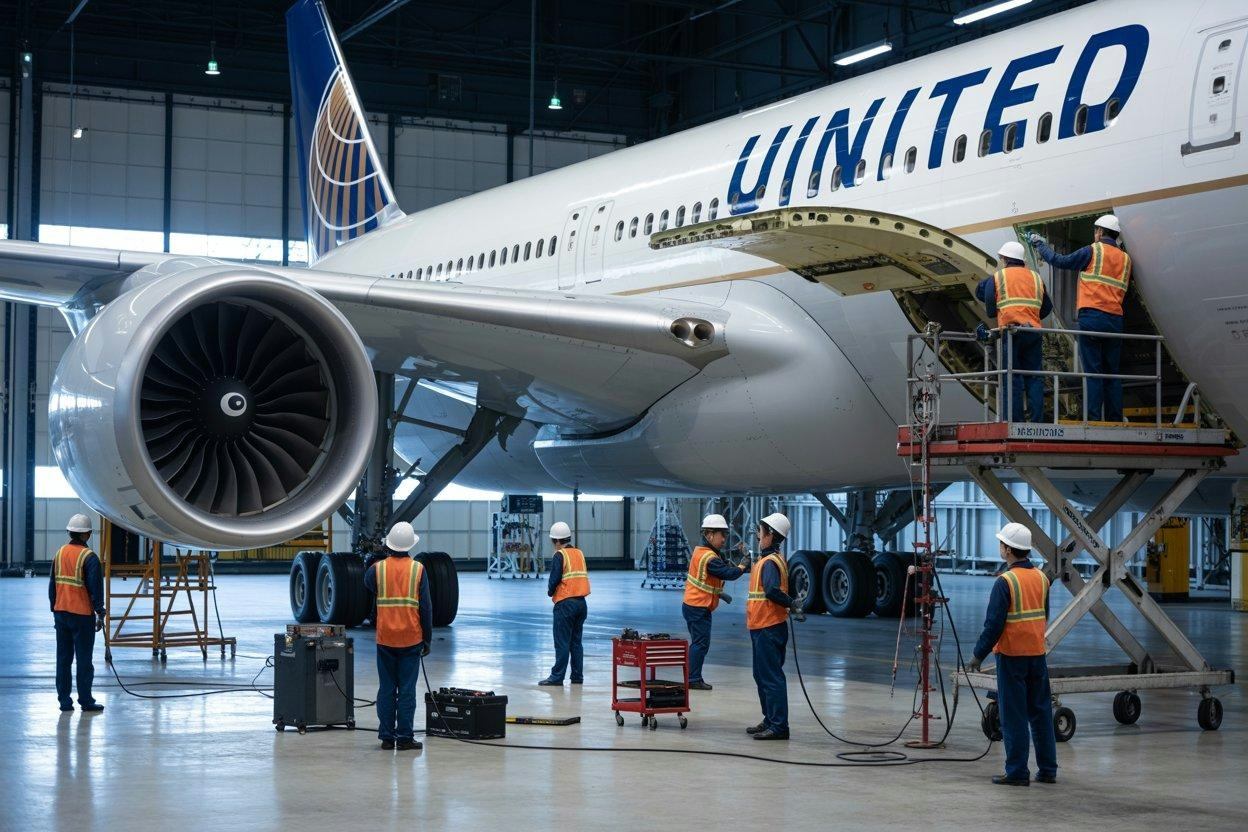
US Audit Identifies FAA Oversight Gaps at United Maintenance

The Impact of Agentic AI on Airport Operations
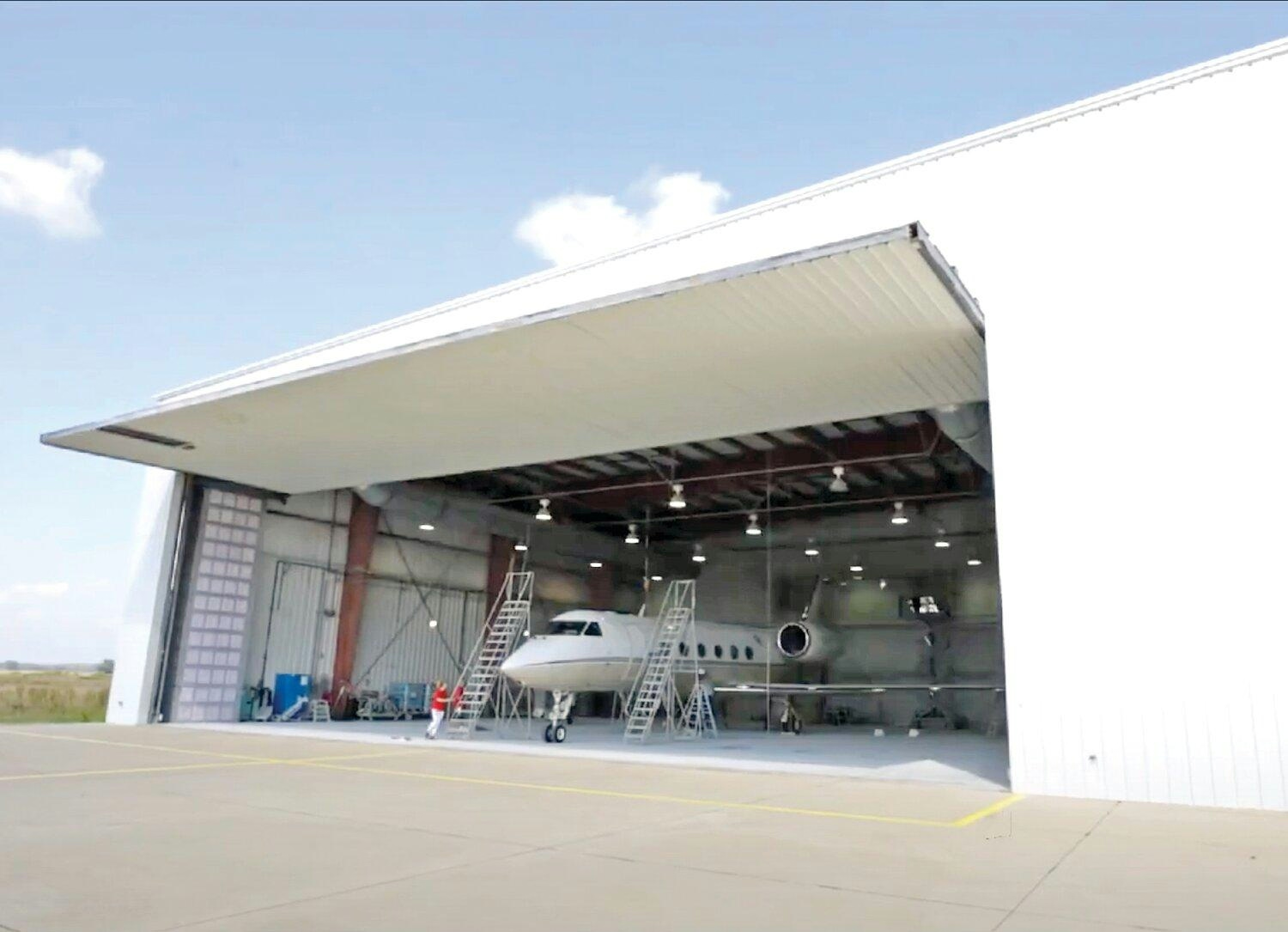
West Star Aviation Announces Expansion in Chattanooga
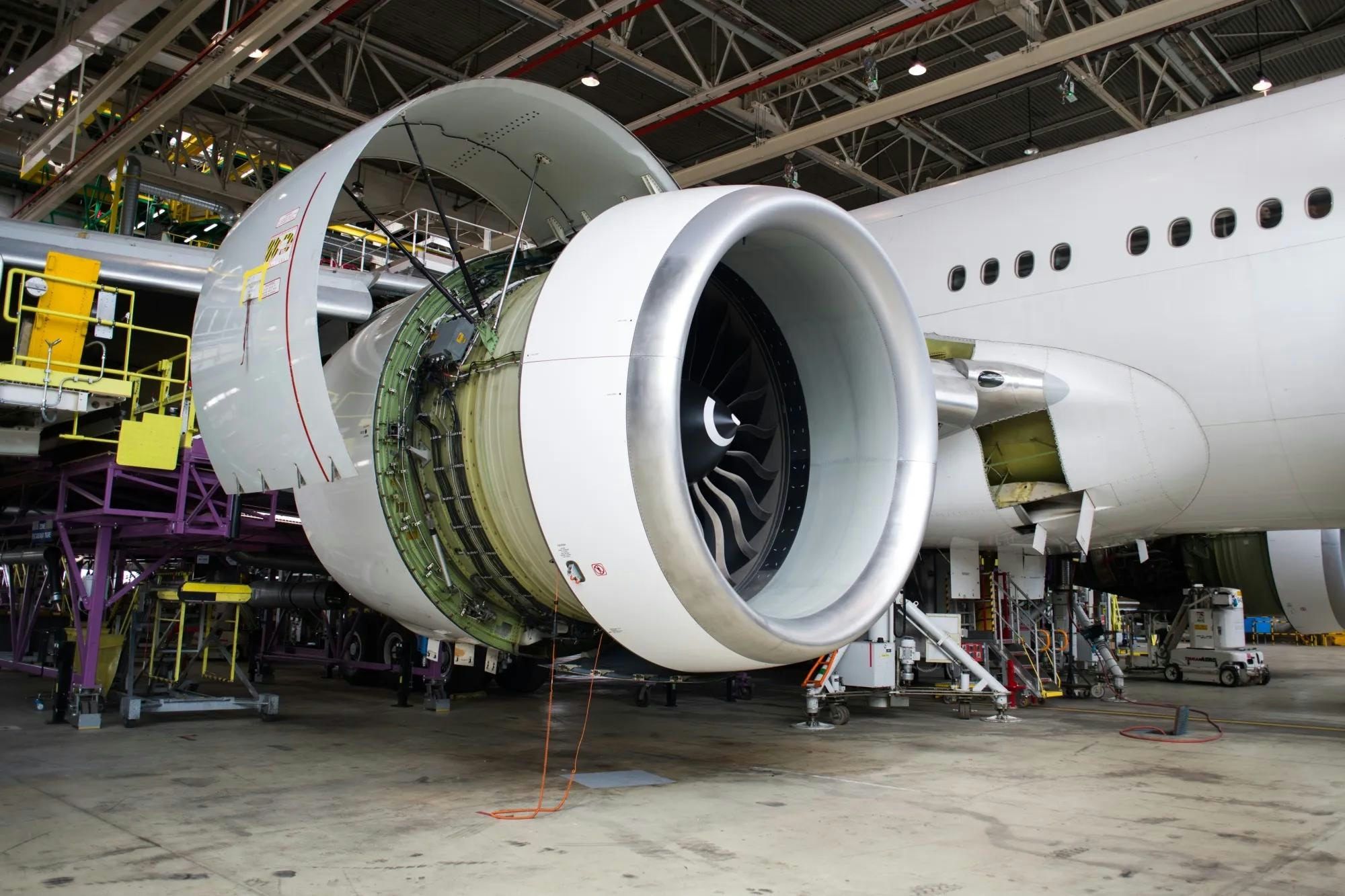
Signs Point to Easing of Aerospace M&A Backlog by 2026
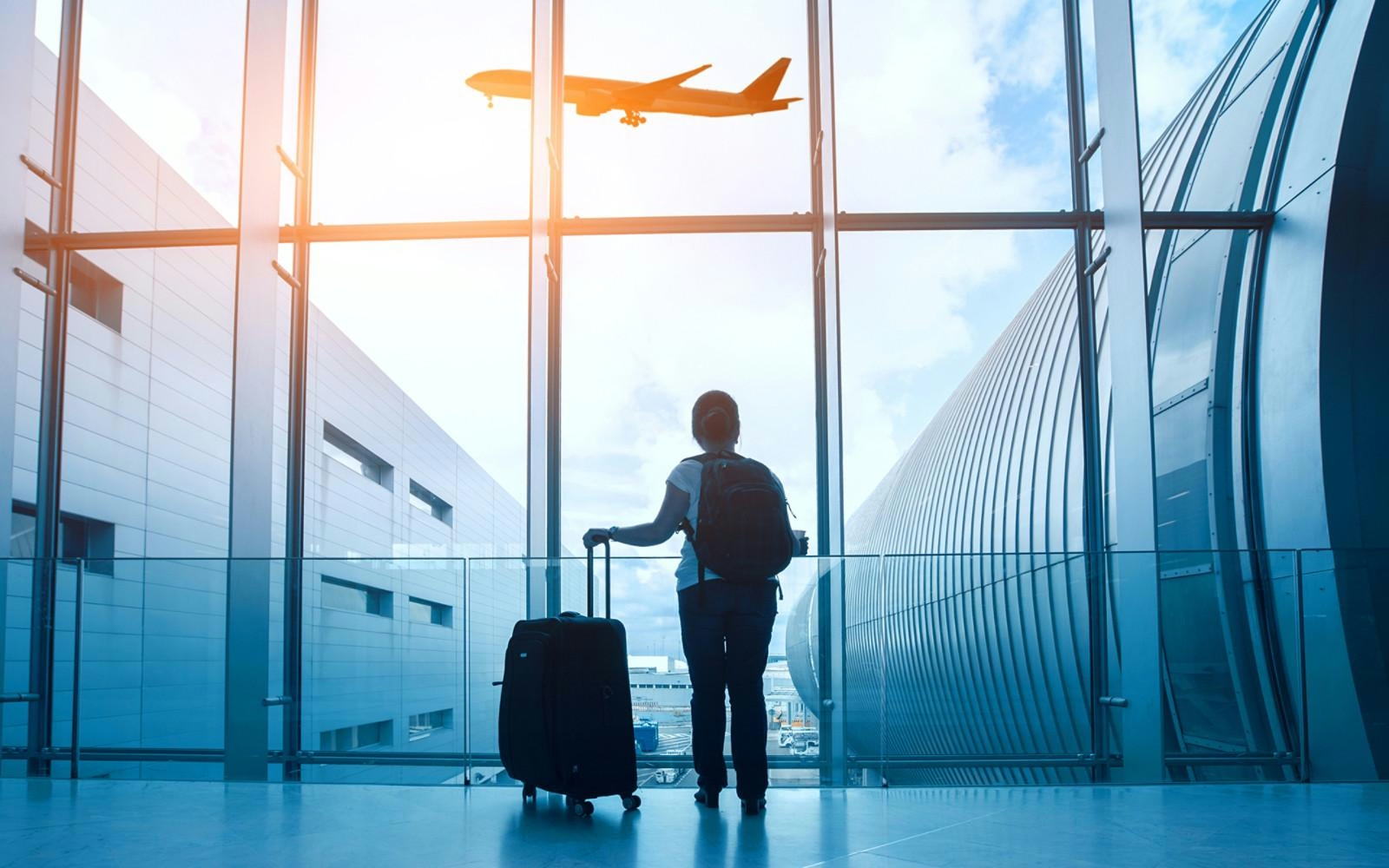
Airlines Accelerate Digital Transformation in Travel

Aviation Design Software Market Projected to Reach $2.8 Billion
